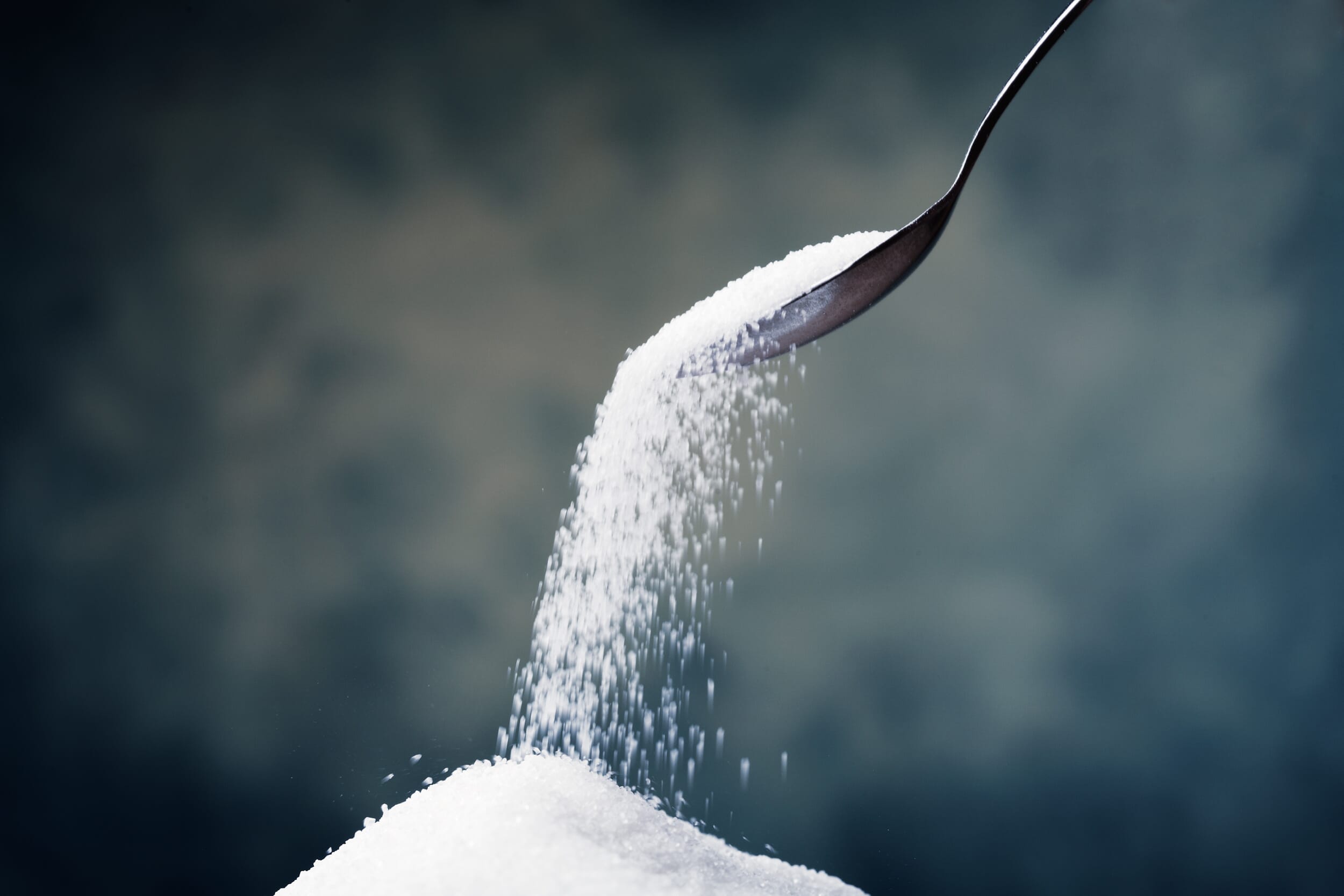The government announced the so-called “sugar tax” on soft drinks back in 2016, but it’s only now that’s it been implemented.[1].
Critics say over indulging on sugar-sweetened drinks can cause child obesity, tooth decay and diabetes. Money raised will go towards funding school sports.
6 April 2018 was the big date and it’s easy to see the impact in supermarkets and shops around the country, with prices of full-sugar versions up to 14% more expensive than their diet counterparts[2].
But the lead up to the new tax implementation left manufacturers in a bit of a pickle; do they attempt to tweak their recipes in order to avoid the tax, do nothing and simply raise prices, or change the size of the bottles the drinks are sold in to avoid it? It’s thought that the tax applies to around one in five soft drinks sold in the UK. With drinks containing more than 5g of sugar per 100ml taxed at 18p a litre, and those with over 8g per 100ml taxed at 24p, the potential tax figures have given food for thought to the boardrooms of drinks makers in the UK.
Scotland’s famous drinks brand Irn Bru, made by Barr’s, have opted to edit their recipe. Whilst this may be the most healthy and nutritious option, they ran into a social media storm with dedicated fans of the drink venting their frustrations on various platforms, indicating their willingness to pay more money as long as the product doesn’t change.[3] Over 42,000 fans registered their disappointment, but Barr’s have claimed that 9 in 10 couldn’t tell the difference between the two recipes in blind taste tests. It remains to be seen how the dedicated consumers take to the new recipe, and we’re sure to be watching how Irn Bru sales are impacted after April when the new version will be the only one available.
Coca-Cola have gone down a slightly different route. Whilst happy to edit recipes for other brands such as Fanta and Sprite, Coca Cola Classic has been a closely guarded recipe since the formation of the company in 1886. With the so-called ‘New Coke’ debacle from 1985 a classic example of a marketing fail, which forced Coca-Cola to switch back to the old recipe after just 59 days, executives clearly felt they daren’t change anything this time round. [4]Instead, to combat the sugar tax, the RRP of a large bottle has changed from £1.79 to £1.99, and the sizing shrinking from 1.75L to 1.5L. This is potentially a good move, as it reinforces the message that it should be drunk in moderation due to the smaller pack size. But why change a classic recipe when it’s likely to cause a huge backlash?
We’ll be watching with interest to see how sales perform now the new tax regime is live. Who will fare better? Companies with the same recipe but a higher price point? Or those who’ve opted to reduce sugar content, making their product slightly healthier but potentially losing a part of why their product was popular in the first place?
[1] http://www.independent.co.uk/news/uk/politics/budget-2017-sugar-tax-philip-hammond-fight-obesity-child-weight-gain-fizzy-drinks-a7618316.html
[2] http://www.mysupermarket.co.uk/sainsburys-price-comparison/Soft_Drinks/Coca_Cola_330ml.html
[3] http://www.independent.co.uk/life-style/food-and-drink/irn-bru-recipe-change-low-sugar-production-latest-a8152636.html
[4] https://www.theguardian.com/society/2018/jan/05/coca-cola-to-sell-smaller-bottles-at-higher-prices-in-response-to-sugar-tax



